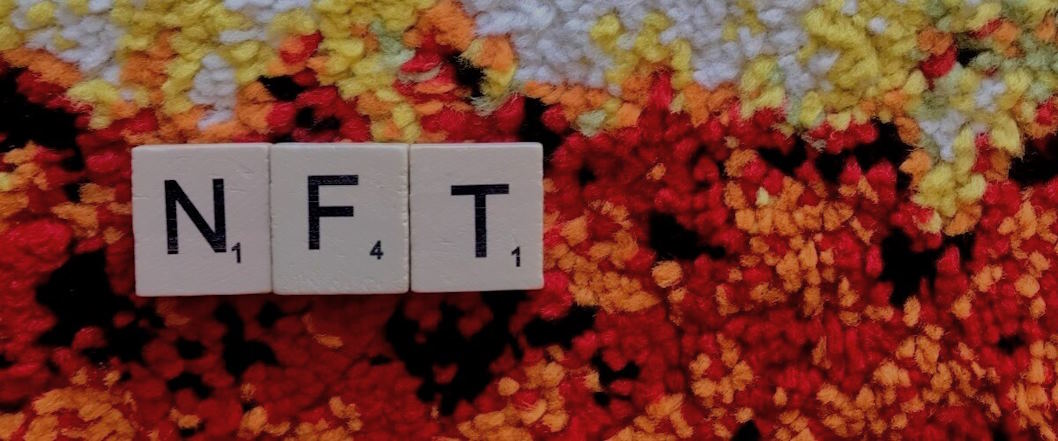Non-fungible tokens have taken the world by storm, not only as a means of digital ownership but also as a powerful tool for fundraising and charitable causes. However, the evolving legal and regulatory landscape surrounding NFTs poses challenges for charities and organizations seeking to leverage this innovative technology. To ensure your charity remains compliant, staying informed about the legal framework for NFTs is essential.
The Importance of Legal Compliance
As the NFT space continues to grow, governments and regulatory bodies worldwide are grappling with how to address this new digital frontier. NFTs bring up a host of legal considerations, including intellectual property rights, securities regulations, tax implications, and more. For charities, compliance with these laws is not just advisable; it is imperative to maintain trust and legitimacy.
Navigating the NFT Legal Landscape
Consult Legal Experts
Seeking guidance from legal experts well-versed in blockchain technology and NFTs is paramount. These professionals can help you understand the legal intricacies specific to your jurisdiction, ensuring that your charity’s initiatives comply with local laws.

Stay Informed
The NFT and blockchain industry is dynamic, with laws and regulations evolving rapidly. Regularly monitor legal updates, regulatory changes, and government actions related to NFTs to stay ahead. Join industry-specific forums, follow regulatory agencies’ official channels, and engage with legal experts who can provide real-time insights.
Compliance with Securities Laws
Understand the implications of securities regulations. Some NFTs, particularly those promising returns or dividends, may be categorized as securities. Ensure that your charity complies with these laws, especially if your NFTs are used for fundraising.
Intellectual Property Rights
Respect intellectual property rights. Ensure that the NFTs you create or promote do not infringe on copyrights, trademarks, or patents. Collaborate with artists and creators who grant the rights to use their work as NFTs.
Anti-Money Laundering (AML) and Know Your Customer (KYC)
Implement AML and KYC procedures, especially if your charity deals with substantial transactions. These procedures are essential to prevent money laundering and ensure you engage with legitimate donors and supporters.



